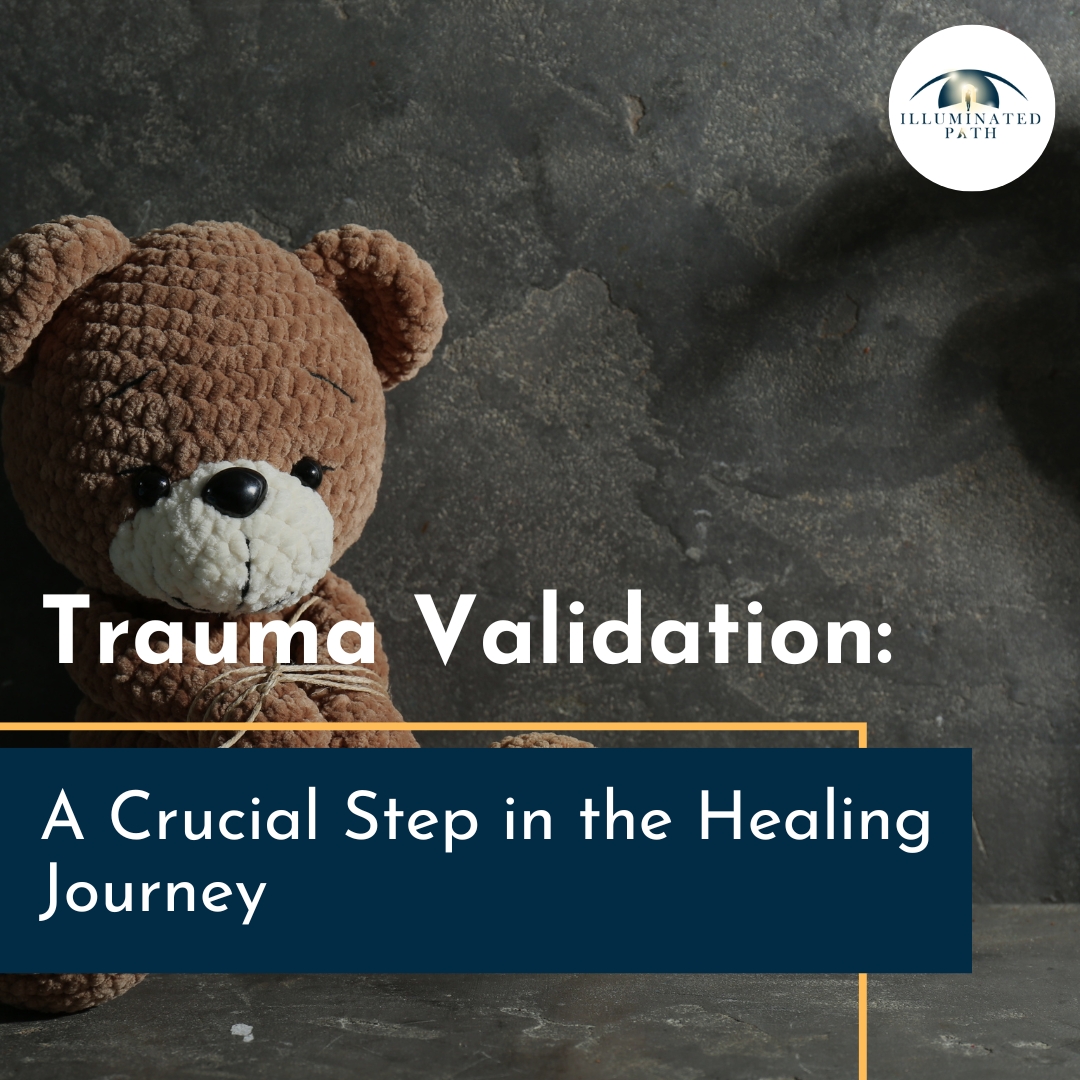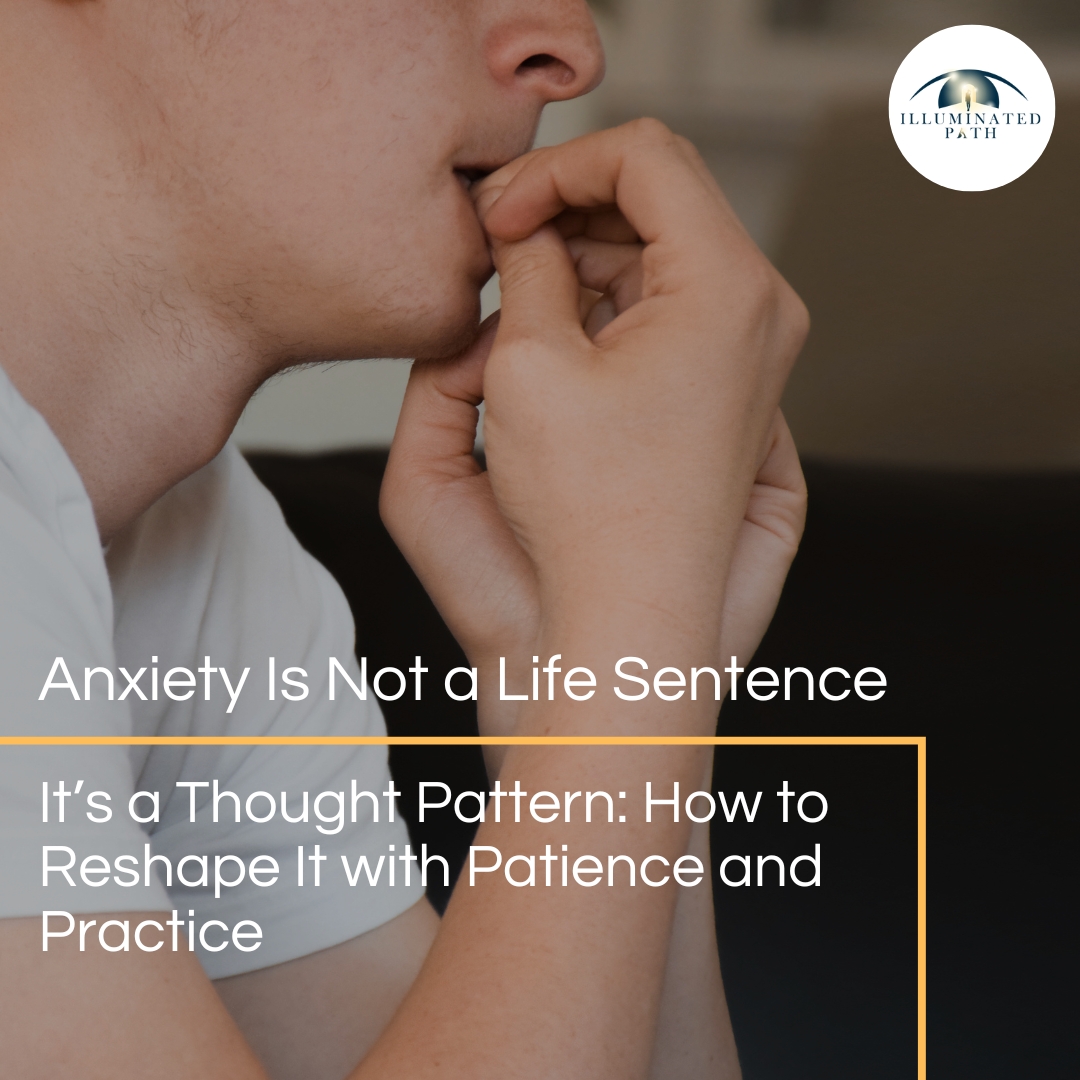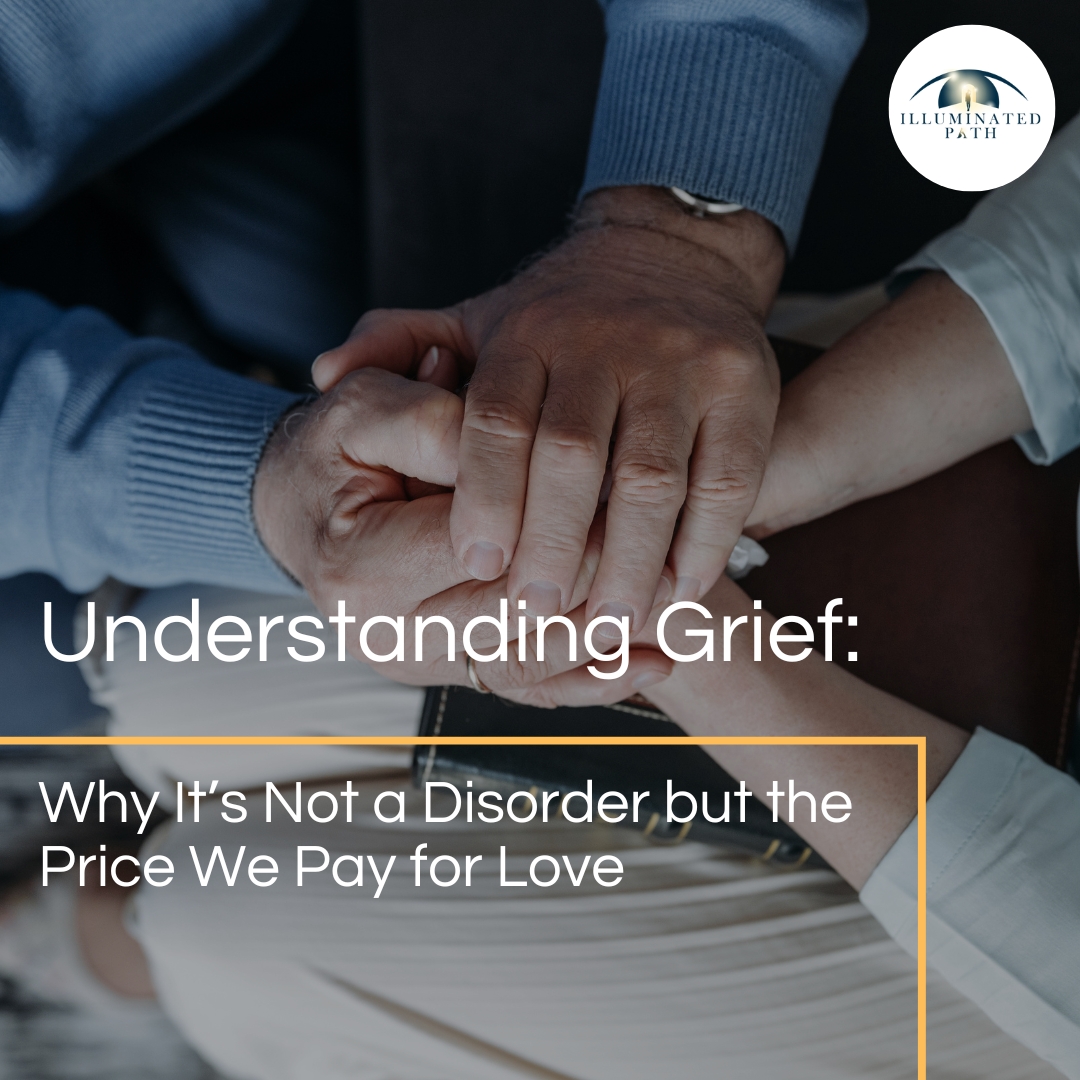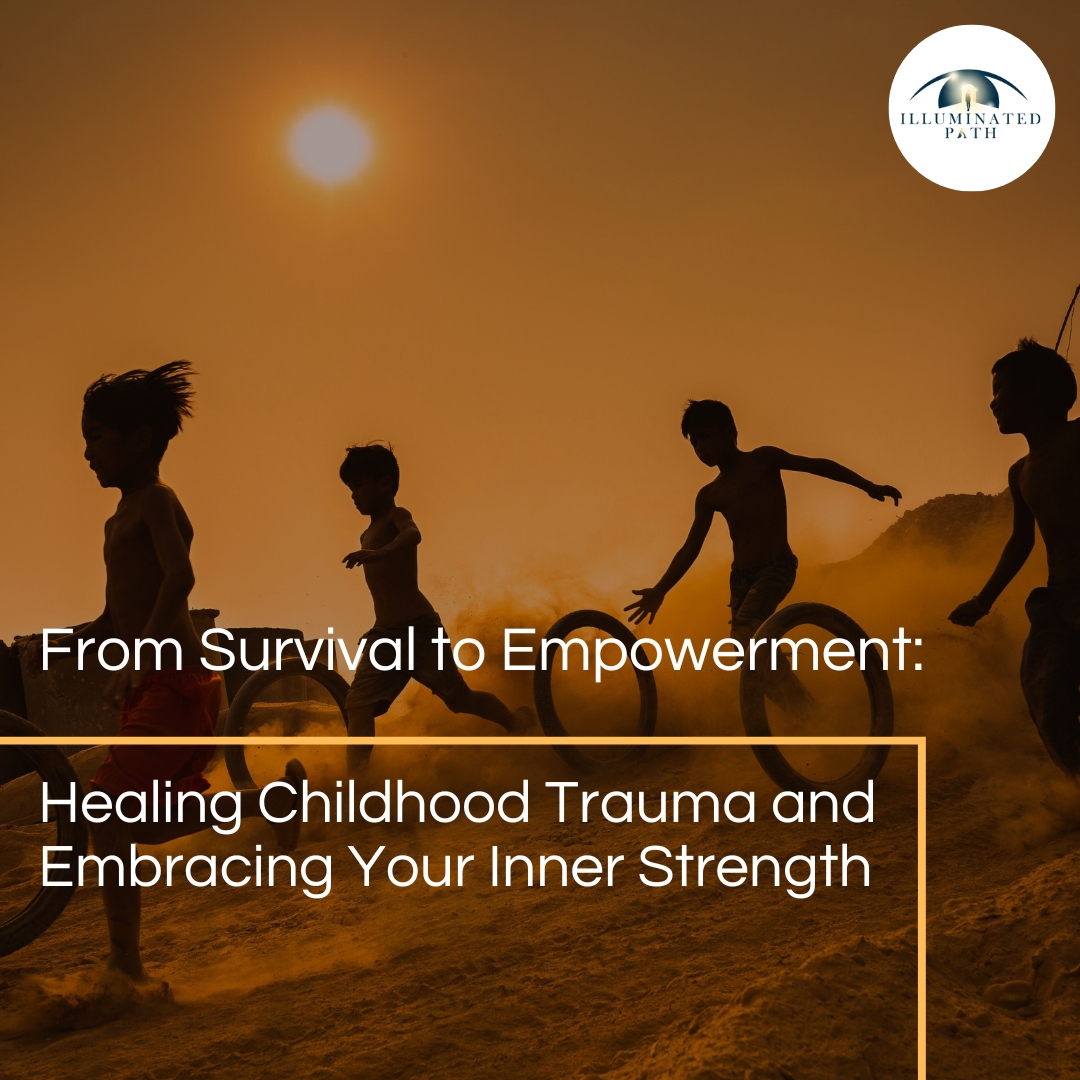
“Trauma is personal. It does not disappear if it is not validated. When it is ignored or invalidated the silent screams continue internally heard only by the one held captive. When someone enters the pain and hears the screams healing can begin.”
This powerful quote encapsulates the profound impact of trauma and the critical role of validation in the healing process. Trauma, whether stemming from a single event or a series of experiences, leaves an indelible mark on an individual’s psyche, often manifesting in emotional, psychological, and even physical distress. When these experiences are ignored, dismissed, or minimized, the wounds fester, leaving individuals trapped in a cycle of pain and suffering.
The Prevalence of Trauma:
Trauma is far more common than many realize. According to the Substance Abuse and Mental Health Services Administration (SAMHSA), 70% of adults in the United States have experienced some type of traumatic event at least once in their lives. This translates to approximately 223.4 million people. These experiences can range from physical or sexual abuse and natural disasters to witnessing violence or experiencing the sudden loss of a loved one.
The Impact of Unvalidated Trauma:
When trauma is invalidated, the consequences can be devastating. Individuals may feel isolated, misunderstood, and even blamed for their own suffering. This can lead to a range of mental health challenges, including:
- Post-traumatic Stress Disorder (PTSD): Characterized by intrusive thoughts, flashbacks, nightmares, avoidance behaviors, and hyperarousal. The National Center for PTSD estimates that 8% of Americans will experience PTSD at some point in their lives.
- Complex PTSD (C-PTSD): Often develops in response to prolonged or repeated trauma, such as childhood abuse or neglect. C-PTSD can involve difficulties with emotional regulation, self-perception, and relationships.
- Depression: Persistent feelings of sadness, hopelessness, and loss of interest in activities. The World Health Organization estimates that over 280 million people worldwide suffer from depression.
- Anxiety Disorders: Excessive worry, fear, and nervousness. The National Institute of Mental Health reports that anxiety disorders are the most common mental illness in the U.S., affecting 40 million adults each year.
- Substance Abuse: Individuals may turn to drugs or alcohol to cope with the emotional pain of unvalidated trauma. The National Survey on Drug Use and Health found that 19.7 million American adults battled a substance use disorder in 2017.
The Power of Validation:
Validation plays a crucial role in trauma recovery. It involves acknowledging the reality of the trauma, recognizing its impact, and communicating understanding and acceptance. When someone’s experiences are validated, they feel heard, seen, and believed. This can be immensely empowering, helping to break down feelings of shame, self-blame, and isolation.
How Validation Facilitates Healing:
- Reduces Shame and Self-Blame: Validation helps individuals understand that their reactions to trauma are normal and understandable, reducing feelings of shame and self-blame.
- Restores Trust: When someone validates our experiences, it helps to rebuild trust in ourselves and others, which may have been shattered by the trauma.
- Facilitates Emotional Regulation: Validation helps individuals feel safe and understood, which can facilitate emotional processing and regulation.
- Empowers Agency: By acknowledging the impact of trauma, validation empowers individuals to take control of their healing journey.
Creating a Culture of Validation:
While therapists and mental health professionals play a vital role in validating trauma, creating a culture of validation extends beyond the therapy room. It involves fostering an environment where individuals feel safe to share their experiences without fear of judgment or dismissal. This can be achieved through:
- Active Listening: Pay attention to what others are saying, both verbally and nonverbally. Reflect back their feelings and experiences to demonstrate understanding.
- Empathy: Try to see the world from the other person’s perspective. Acknowledge their pain and validate their emotions.
- Non-Judgmental Stance: Avoid making assumptions or offering unsolicited advice. Create a safe space for individuals to share their experiences without fear of criticism.
- Education: Increase awareness and understanding of trauma and its impact. Challenge misconceptions and stereotypes surrounding trauma.
The Healing Journey:
Healing from trauma is a complex and deeply personal journey. There is no one-size-fits-all approach, and the path to recovery may be long and winding. However, validation serves as a crucial foundation, providing a sense of safety and support that allows individuals to begin processing their experiences and moving towards healing.
By creating a culture of validation, we can help break the silence surrounding trauma and empower individuals to reclaim their lives. When we enter the pain and hear the screams, we open the door to healing and transformation.

The Author
Dr. Shadi Souferian Psy. D.
Licensed Clinical Psychologist
Therapist And Psychologist in Los Angeles And Beverly Hills.






